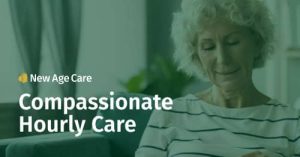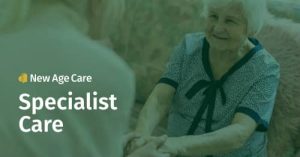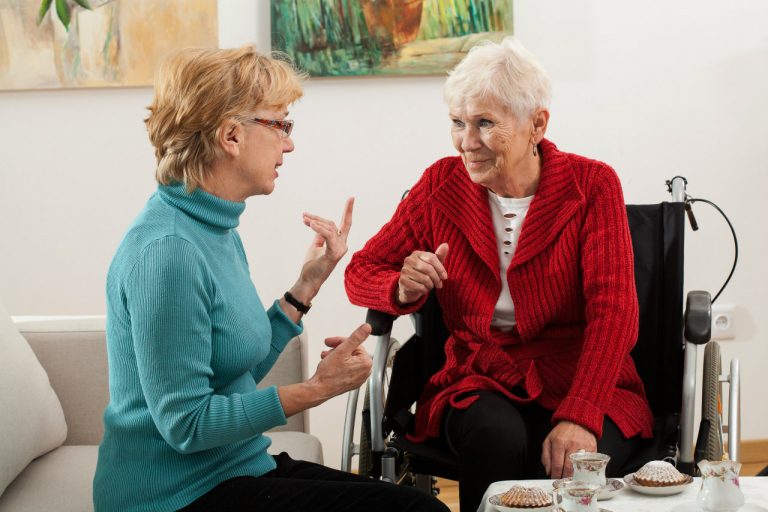If you want to build a strong and enduring relationship with a client then good communication is key.
This starts from the first meeting and needs to be carried through on all subsequent visits. Communication can be both verbal and non-verbal and needs to be adapted to each individual client based on their circumstances including medical conditions.
Tips for Communicating with clients
There are some key basics that can help you achieve better communication with your client. Following are the communication skills we think will make a difference to your relationship and help it grow.
Maintain eye contact
Eye contact is a powerful non-verbal communication. Maintaining eye contact shows that you are interested, listening and helps to build trust. You don’t need to look at them all the time but you should try to do so when they are speaking.
Speak slowly and clearly
Due to hearing issues or illness older people may have trouble keeping up with what you are saying if you speak too fast. Try to slow your speech down slightly, ensure that you don’t mumble and pronounce your words clearly.
Address them appropriately
When you first meet a client establish how they would like to be addressed. Would they prefer Mr, Mrs or Miss xxxxx or would they like you to use their first name? To ensure you stay professional it is also best to refrain from using familiar terms such as ‘sweety’ or ‘hon’.
Use appropriate language
This one follows on from above. Be careful about the words you use when talking to clients as some words can have different connotations depending on things such as age, culture and ethnicity.
Use active listening
Active listening is more than just hearing what someone is saying. With active listening you’re really trying to understand the other person’s point of view and feelings. The use words such as ‘uh-huh’, ‘I see’ and ‘okay’ can help to acknowledge that you have heard them. Active listening is a skill that needs to be practised.
Ask questions
Show an interest in your client by asking questions about their life, passions and hobbies. This is a great way to build a rapport, find common ground and create trust. Open questions such as ‘Tell me a bit more about yourself’ or ‘What do you like to do on the weekend’, really help you get to know your client better.
Avoid Interrupting
This goes hand in hand with active listening. If your client is talking resist the temptation to interrupt them. Wait for a natural break in the conversation and then speak if you need to. Interrupting a client could be seen as not caring about what they have to say and may be viewed as rude.
Keep to one topic
This one is especially important if you are working with someone who has learning difficulties or memory problems. In these circumstances it is best to stick to one topic of conversation at a time to avoid confusion and frustration for all parties.
Show Empathy
Empathy is the ability to understand and share the feelings of another. If a client is telling you about their emotions or feelings regarding a situation then this is the perfect time to show empathy. Sentences such as ‘That sounds difficult’ or ‘I’m sorry you experienced that’ are good examples of showing empathy.
We hope you find these tips on communication useful. While this blog is aimed at carers, the skills listed are just as relevant to the communication you have with others in your life. Whether it’s family, friends or work colleagues these skills will help you to communicate better and build stronger relationships.






